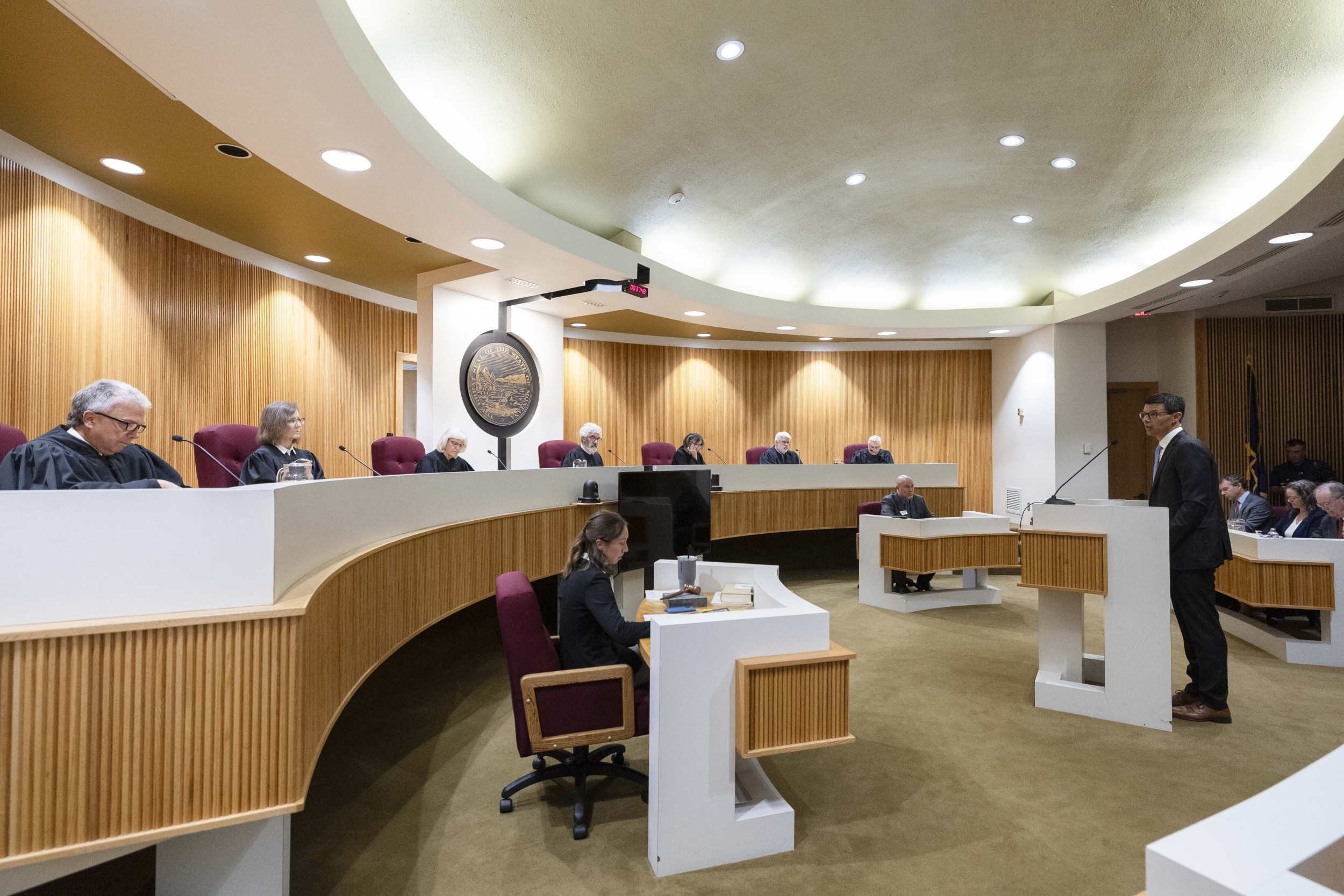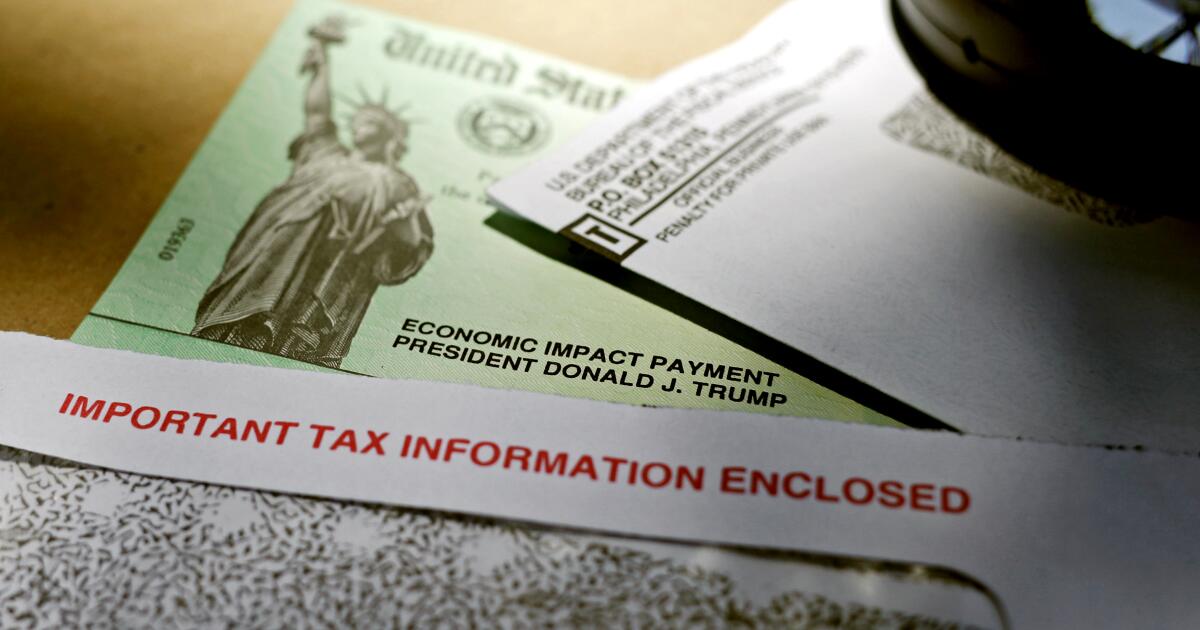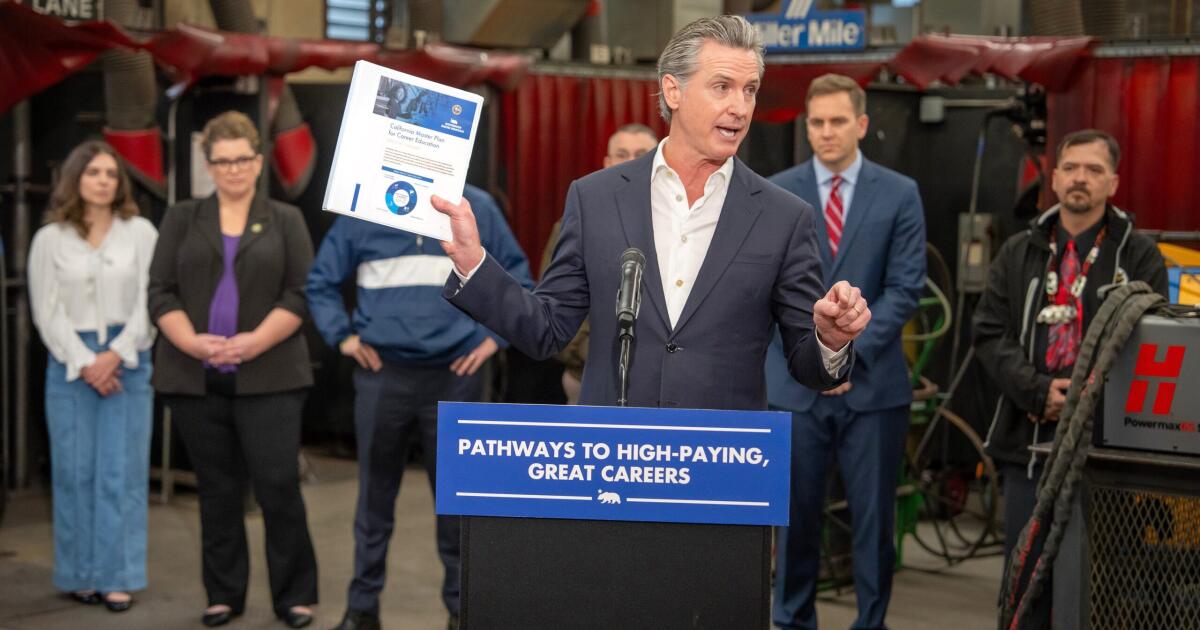Connecticut
Connecticut’s state and education leaders respond to Supreme Court decision on affirmative action
/cloudfront-us-east-1.images.arcpublishing.com/gray/TQZID7EE4NDMPHHUKAZV6QLLFA.jpg)
(WFSB) – Affirmative action at colleges and universities has been struck down by the Supreme Court.
The decision has been both applauded and condemned.
Connecticut’s state and education leaders are voicing their thoughts about the decision that could impact the college admission landscape.
As the ruling came down from the Supreme Court, a split decision of feelings has now been cast across the education field.
“It’s an outrage that the supreme court in 2023 can try to pretend that race and racism don’t matter and don’t exist,” said CT Attorney General William Tong.
“This decision is a step towards making sure that all of us have an opportunity to be evaluated on who we are on the inside, rather than simply an account of our race or skin color,” said Carol Liebau, President, Yankee Institute.
Affirmative action, a policy put in place in the early 60′s, was meant to level the education playing field.
The policy was put in place to ensure that minority students had an equal chance of getting into colleges as their white counterparts.
Yankee Institute President Carol Liebau believes the ruling is the right one and allows students to be judged on their merits.
“By the time you get to college, it really isn’t fair to any of these young people to simply, at the 11th hour, decide we’ll rectify the wrongs that were done earlier by discriminating on the basis of race,” Liebau said.
The state’s other colleges and universities like Yale, Quinnipiac, and UConn, separately issued statements condemning the ruling and maintaining diversity will remain in their schools.
“It is essential to UConn’s mission as a public university that we create and maintain a student body in which people of all races, ethnicities, and backgrounds can thrive.”
Some students feel the same way.
“I think it’s very important to see faces and learn about other people as well. So it’d be better if all the schools were more diverse,” said Michelle Sialcis, UConn Senior.
“If these large institutions have the freedom to not consider diversity when admitting their incoming class, then all of these people, especially those of low income of color who have been striving so hard for their dream school, won’t have the opportunity,” said Fatima Sampedro-Valle, Yale.
Schools are saying they will re-evaluate their admissions policies and, through the law, make sure their schools maintain diversity.
Copyright 2023 WFSB. All rights reserved.

Connecticut
Library in South Windsor wraps up 14th annual Gingerbread House Festival

Some people found a sweet escape from Sunday’s frigid winter temperatures. A chance to step outside the cold and into a different snowy environment.
It just made it feel like Christmas,” said Michael Mizla, of Manchester.
“We try to do this every year,” said Susan, Mizla’s wife.
Sunday was the last day to check out a festive, holiday tradition at the Wood Memorial Library and Museum in South Windsor – The 14th Annual Gingerbread House Festival, which organizers say is one of the largest gingerbread house festivals in New England.
“People have made this their tradition,” said the library’s executive director Carolyn Venne. “We see the same large Vermont family every year the day after Thanksgiving on opening day. So, as people come in to see family locally, this becomes part of their tradition, and that makes it all meaningful for us.”
These gingerbread houses are on display in multiple rooms and floors throughout the library for weeks, from late November to just before Christmas.
“We probably range from about 75 to 150, and I think one year we topped out around 200,” said Venne.
Venne says behind these intricate candy creations are bakers, students, and community members.
At the end of the day, the gingerbread houses went to some lucky raffle winners or were donated to a nursing home in the area.
Those who needed to do some last-minute holiday shopping, were covered – just like the icing on these graham cracker homes – as people could visit the library’s ‘Ye Old Gingerbread Shoppe’ and take some of the magic home with them.
“The holidays are full of things you remember as a kid, so it just feels like the kind of tradition you will remember as you grow up.”
While Sunday was the last day to immerse yourself in these festive, edible villages, there are more holiday traditions coming up at the library, including a Christmas concert next Saturday at 1:30 p.m.
Connecticut
Connecticut farmers to benefit from federal disaster relief package

Funding to help farmers impacted by disaster is on the way for those who have been seeking help.
That’s one aspect of what came out of a vote in Washington D.C. that in part prevented a government shutdown.
A 13 minute hailstorm in August destroyed William Dellacamera’s crops and cost him $400,000. He was only able to receive a little less than half of that from programs already in place.
“From that day on, basically everything I had grown for the season was destroyed,” said Dellacamera of Cecarelli’s Harrison Hill Farm.
He’s become known locally for driving his tractor from Connecticut to Washington D.C., advocating for more state and federal funding for farmers like him.
In his travels, he landed meetings with the USDA and Connecticut’s delegation.
“I think they’re taking it seriously, and they did. They took it seriously,” said Dellacamera.
President Biden signed a disaster relief bill into law, advocated for in part by Connecticut’s delegation.
Congresswoman Rosa DeLauro says Connecticut has lost 460 farms over the last five years, primarily related to weather events that put their livelihoods at stake.
“I am pleased that we have an agreement on $100 billion in disaster aid,” said DeLauro on the House Floor Friday, who advocated for the bill.
As part of that, Connecticut farmers like Dellacamera will be able to tap into $23 million of relief from crop losses, according to Representative John Larson.
“Now knowing this is going to make a difference is a big deal. And I hope it does, I hope it does make a difference,” said Dellacamera.
Also part of the bill, DeLauro advocated for a block grant of $220 million that’s only for small and medium-sized farmers who have lost crops in 2023 and 2024.
All of New England would fit in the parameters for the grant, allowing farmers to get help without crop insurance or a national disaster declaration.
“We came to a conclusion that these were all of the pieces that were needed to move forward,” said DeLauro on the House Floor Friday, about the bill as a whole.
DeLauro’s team tells us that disaster relief funding will go from the USDA to the states to get payments out.
Dellacamera says he’s grateful, and there’s more work to be done. He hopes this block grant and general disaster relief funding will be able to live on.
“It takes the red tape out of it a little bit,” said Dellacamera of the block grant. “Hopefully it could be funded into the future, you know, as it might be needed more and more,” he said.
In the meantime, the state of Connecticut will be identifying which farmers experienced disasters in 2023 and 2024 to see who would benefit from block grant funding.
Connecticut
Gifts of Love provides for Connecticut families in crisis

-

 Politics1 week ago
Politics1 week agoCanadian premier threatens to cut off energy imports to US if Trump imposes tariff on country
-
/cdn.vox-cdn.com/uploads/chorus_asset/file/25789444/1258459915.jpg)
/cdn.vox-cdn.com/uploads/chorus_asset/file/25789444/1258459915.jpg) Technology1 week ago
Technology1 week agoOpenAI cofounder Ilya Sutskever says the way AI is built is about to change
-

 Politics1 week ago
Politics1 week agoU.S. Supreme Court will decide if oil industry may sue to block California's zero-emissions goal
-
/cdn.vox-cdn.com/uploads/chorus_asset/file/25546252/STK169_Mark_Zuckerburg_CVIRGINIA_D.jpg)
/cdn.vox-cdn.com/uploads/chorus_asset/file/25546252/STK169_Mark_Zuckerburg_CVIRGINIA_D.jpg) Technology1 week ago
Technology1 week agoMeta asks the US government to block OpenAI’s switch to a for-profit
-

 Business1 week ago
Business1 week agoFreddie Freeman's World Series walk-off grand slam baseball sells at auction for $1.56 million
-
/cdn.vox-cdn.com/uploads/chorus_asset/file/23951353/STK043_VRG_Illo_N_Barclay_3_Meta.jpg)
/cdn.vox-cdn.com/uploads/chorus_asset/file/23951353/STK043_VRG_Illo_N_Barclay_3_Meta.jpg) Technology1 week ago
Technology1 week agoMeta’s Instagram boss: who posted something matters more in the AI age
-
News1 week ago
East’s wintry mix could make travel dicey. And yes, that was a tornado in Calif.
-
/cdn.vox-cdn.com/uploads/chorus_asset/file/24924653/236780_Google_AntiTrust_Trial_Custom_Art_CVirginia__0003_1.png)
/cdn.vox-cdn.com/uploads/chorus_asset/file/24924653/236780_Google_AntiTrust_Trial_Custom_Art_CVirginia__0003_1.png) Technology2 days ago
Technology2 days agoGoogle’s counteroffer to the government trying to break it up is unbundling Android apps



















